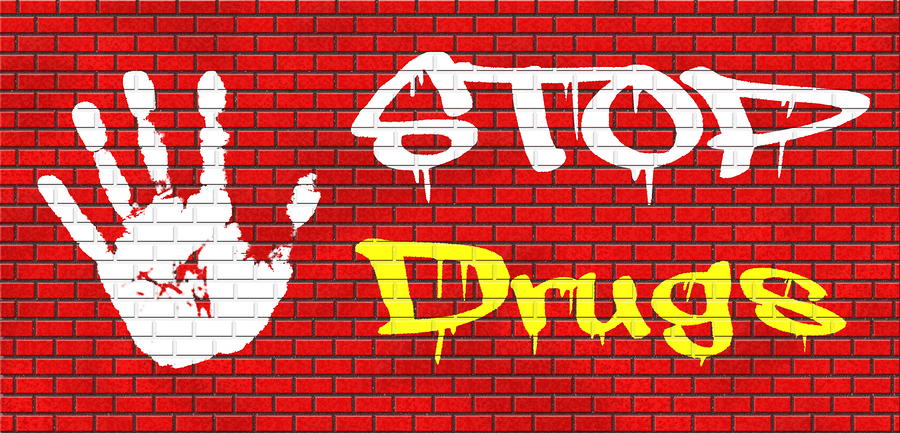The worst thing a parent can do is ignore that something exists and unfortunately drugs are one of those things we don’t want our children to use but that does exist. Talking to your kids about drugs does several things. First, you’re acknowledging the elephant in the room. Kids are inquisitive and they are more likely to try something that they know nothing about. Second, it opens up a dialogue between you and your kids to inform and educate them. Third, it lets them know that it’s okay to talk about issues so that if they have questions or want to tell you about things they see and hear you can continue the discussion.
Tips for Talking about Drugs
Start early and talk often- As early as your children start consuming and understanding TV shows, movies and other forms of media it’s time to start talking about drugs. Anytime you have to give them medicine, when shows depict characters smoking or taking drugs, when it’s on the news- any of those times are prime opportunities for teachable moments. Kids are smart and they can start soaking up knowledge earlier than you may realize.
Be truthful and blunt- Sugar coating the effects of drugs or tip-toeing around the subject isn’t going to do you or your children any good. For example, if they ask about the effects of smoking cigarettes tell them that it can cause addiction, cancer and even death. The goal obviously isn’t to scare them to the point of giving them nightmares, but to give them an honest account of what drugs can really do to them and the people around them.
Ask them what they know and guide them when they’re misinformed- It may surprise you how soon kids start talking about drugs at school. One way to learn what your kids think of subjects is to ask. Of course, this doesn’t mean you need to ask them daily whether or not drugs came up at school. Rather you should be openly communicating with them regularly about things going on in their lives. A simple question of “what did you learn at school today?” or “how was your day?” could make a world of difference. If your child does bring up something they learned about drugs and it’s not accurate continue the discussion by correcting them about the facts.
Make it clear where you stand- Make sure your kids know that you don’t want them doing drugs and that they will not be tolerated in your household. As they get older it will be necessary to check in with them more often and activities with friends will need adult supervision. In the event your child does use a drug you must address it promptly.
If you need more help talking to your kids about drugs, call Hammond Psychology & Associates, P.A. at (813) 567-3253.

